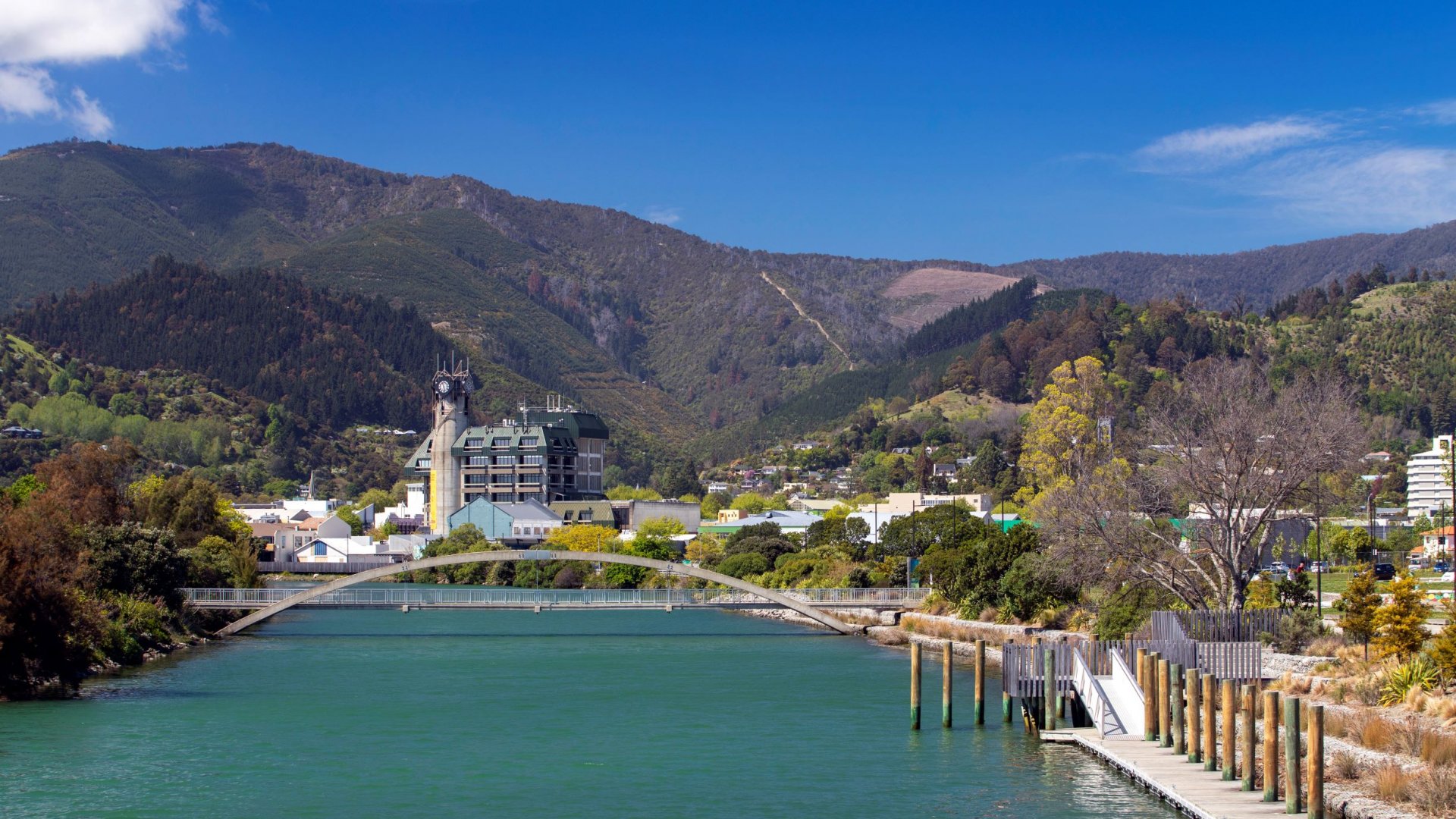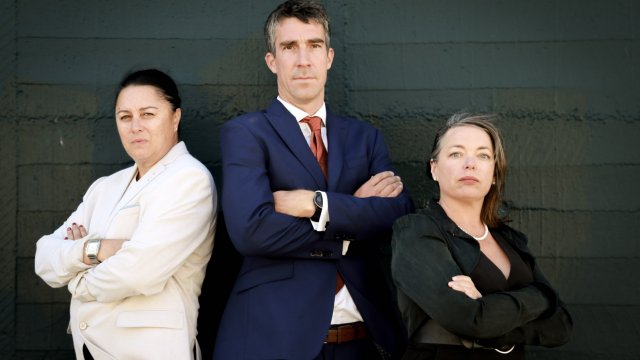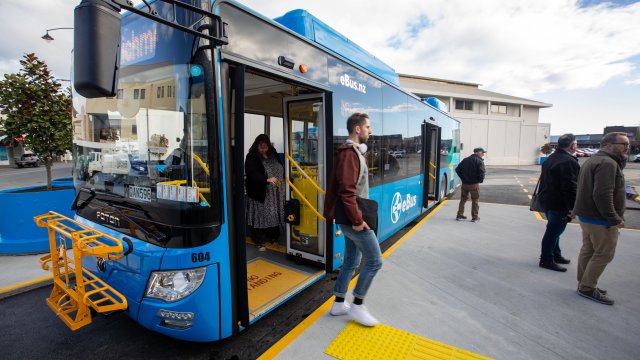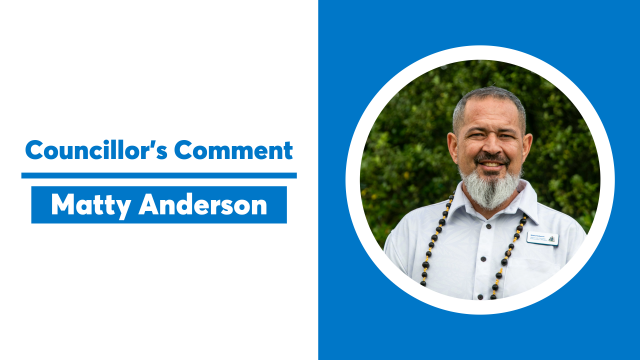Nelson City Council expands climate change response in Long Term Plan
24/05/2021 5:25am
Additional climate change funding, consistent with Nelson City Council's vision to enable our community to respond to climate change, was approved for Council's Long Term Plan 2021-31 (LTP) at a deliberations meeting held last week.
Nelson-Tasman Climate Forum, Business for Climate Action, Community Compost, and Tasman Environment Trust are all in line for funding after submitting to the LTP.
After Nelson Tasman Climate Forum requested financial support from Council, councillors approved $100,000 of funding allocated in each of the first three years of the LTP.
Environment and Climate Committee Chair Kate Fulton has been working with the Forum to develop a Climate Action Plan.
"The Forum is proving its worth in bringing together a diverse range of knowledge and views. Its recently released Action Plan highlights how we can work together to deliver solutions to climate change," says Councillor Fulton.
Businesses for Climate Action (BCA) helps local businesses reduce carbon emissions. Their vision is for Te Tauihu (Top of the South) to become the first zero-carbon region in New Zealand. Councillors approved a recommendation that the group receive $65,000 per annum for years one and two of the LTP and $45,000 for year three.
Nelson Mayor Rachel Reese says BCA's work supports Council's climate change objectives.
"This additional funding will go to organisations that will help our community reach ambitious, but necessary, climate goals. We know the BCA is strongly supported by the Chamber of Commerce and the Nelson Regional Development Agency and is well linked to the business community. Their submission outlined the importance of assisting local businesses to make good decisions on climate change, providing expertise and support in this vital area."
Other funding in the LTP went towards diverting food from landfill. This practice is important if Council is to meet its emissions goals. Food in landfill creates substantial amounts of methane, a very powerful greenhouse gas, as well as an equal amount of CO2.
Council has allocated $13.3 million for residential collection of food waste. Pending on the success of a kerbside collection trial, this will provide opportunity for all residents to divert their kitchen waste from landfill.
Community Compost asked for support towards an enhanced version of its large-scale composting system – bEartha2. Elected members approved a grant of $32,000 towards the design and production of bEartha2, which sits alongside a Ministry for the Environment grant of more than $90,000.
Environment Chair Kate Fulton says it would be almost impossible to meet Council’s goals if we do not change the way we process food waste.
"Increasing our capacity to compost food, not just at home, but as a commercial operation will go a long way to reducing harmful methane emissions. Not everyone can compost at home, so it's important we offer alternatives."
Supporting the composting of food waste is a significant contribution to the Good Food Cities initiative, lead by the Nelson Marlborough District Health Board, but there are other ways in which we are already supporting this work. In year one of the LTP, Council will be developing an Urban Greening Plan, which will incorporate edible landscaping and contribute to local food resiliency.
Council is also supporting a project from the Tasman Environment Trust to investigate carbon storage in local salt marsh and seagrass ecosystems – our blue carbon stores.
Once established, these waterlogged sediments, if undisturbed, can lock carbon away for decades, centuries or even millennia. The project aims to investigate our blue carbon stores through analysing core samples and work needed to restore these environments.
Alongside $10,000 of operational funding to Tasman Environment Trust, the 'Core and Restore' project will be granted $10,000 per year for each of the first three years of the LTP.




